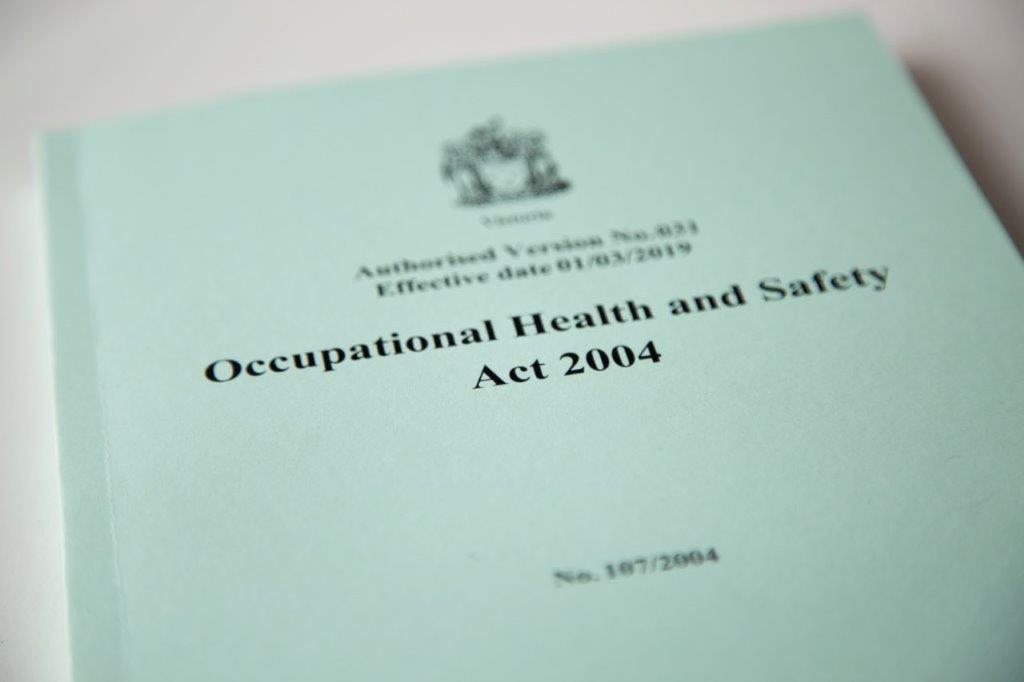
On hot days, take regular breaks and hydrate yourselves. Photo: Shutterstock
Now that summer has returned, and the temperatures are rising, everyone is at risk of heat-related illness.
As new nurses and midwives, you might not be aware of the dangers of working in heat and how it can impact on you, your colleagues and your patients.
Heat and how it affects nurses/midwives
Under the Occupational Health and Safety Act, your employer is responsible to ensure you have a safe working environment.
ANMF Victorian Branch has guidelines for members working in heat which you should familiarise yourself with. These guidelines cover both air-conditioned and non-air-conditioned facilities as well as nurses and midwives who work in visiting health services.
On hot days, ensure you and your colleagues take regular breaks and hydrate yourselves. Look out for each other while on shift for symptoms of heat-related illness. Try to minimise outdoor exposure and ensure you are wearing appropriate employer-supplied protective gear (such as hat, sunglasses and sunscreen).
If you identify any hazards, such as broken air-conditioner or poor ventilation, report it (if you work in a public hospital it’s called a ‘VHIMS’ or ‘RiskMan’ report). If you don’t know how, ask your Health and Safety Representative (HSR) for assistance. You can find your HSR (or Job Rep) by logging onto your member portal.
Once you’ve lodged your report, you may follow up with your HSR as to how the hazard/incident has been discussed at your workplace’s OHS committee meeting, such as what steps have been taken or will be taken to prevent or mitigate the impact of future incidents.
Heat and your patients
Some patients are more at risk of heat-related illness, including those who are old, young or have co-morbidities, cognitive impairment and poor social support.
Nurses and midwives can help reduce heat-related illness by identifying at-risk people and implementing strategies to reduce risk. For instance, ensure your patient avoids dehydration by increasing their fluid intake, is wearing appropriate clothing to stay cool, and is in a well-ventilated room. If you are unsure, always consult your Nursing Unit Manager (NUM).
When discharging patients during a heat wave, consider some prescribed medicines, including cardiovascular drugs, which may increase the risk of heat-related illness or may be less effective or more toxic when stored at high temperatures.
The Victorian Government has important extreme heat information for clinicians, including information about how heat affects the body and what to look out for.
Further advice
ANMF Member Assistance can assist you with advice and information about working in heat.


